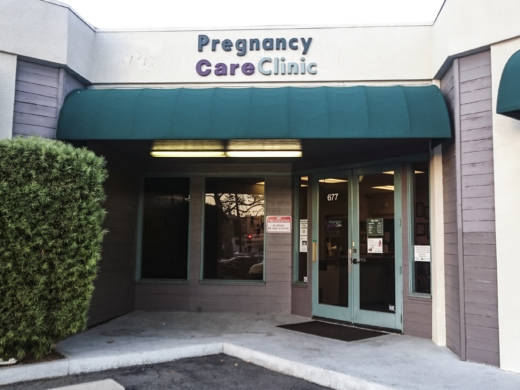Does a California law violate the Constitution by requiring anti-abortion pregnancy centers to inform clients about free or low-cost abortion and contraception services? That’s the question the Supreme Court is taking on, in a new case it accepted on Monday.
California’s Reproductive FACT Act became law in October of 2015. It requires licensed and covered facilities to give all their clients notice that the state “has public programs that provide immediate free or low-cost access to comprehensive family planning services, prenatal care, and abortion, for eligible women.”
The law also gives the attorney general and other prosecutors the power “to bring an action to impose a specified civil penalty against covered facilities that fail to comply with these requirements.”
Anti-abortion group NIFLA — the National Institute of Family and Life Advocates — filed a legal challenge to the Reproductive FACT Act, saying that it forces clinics to promote or advertise abortion services.
In taking the case on, the Supreme Court justices limited their participation to one question: “Whether the disclosures required by the California Reproductive FACT Act violate the protections set forth in the Free Speech Clause of the First Amendment, applicable to the States through the Fourteenth Amendment.”

9(MDAxOTAwOTE4MDEyMTkxMDAzNjczZDljZA004))
